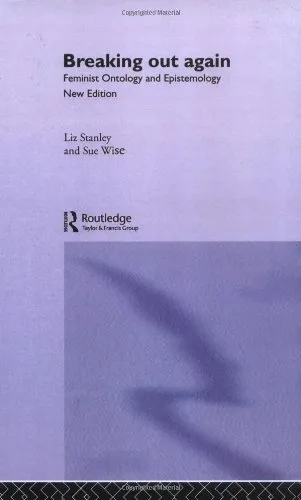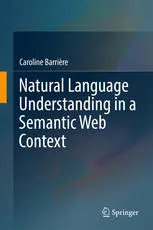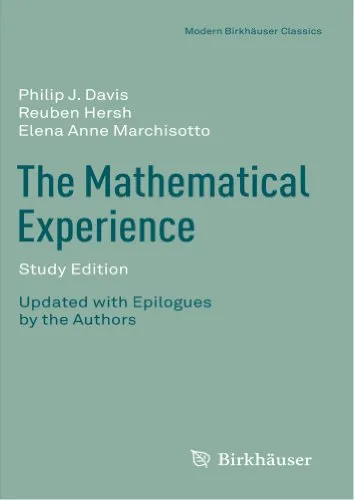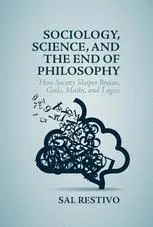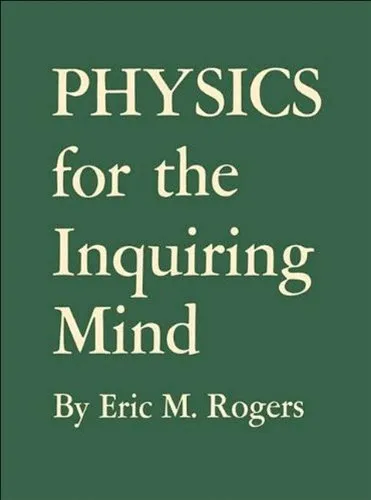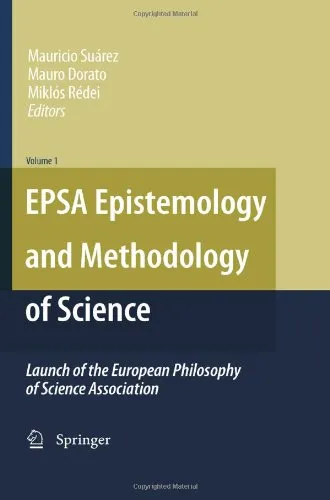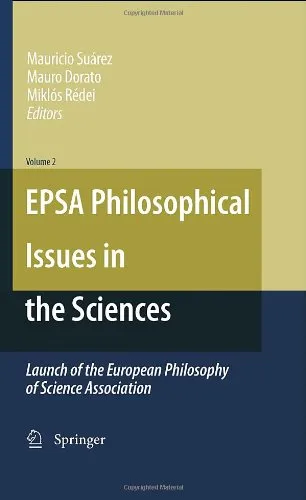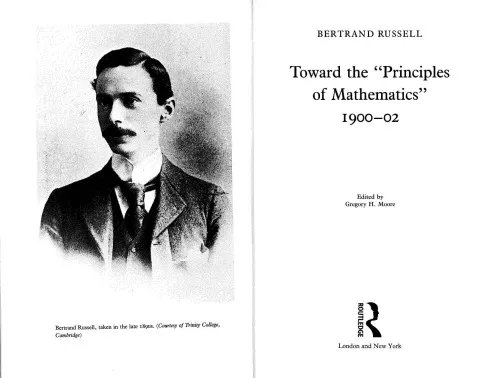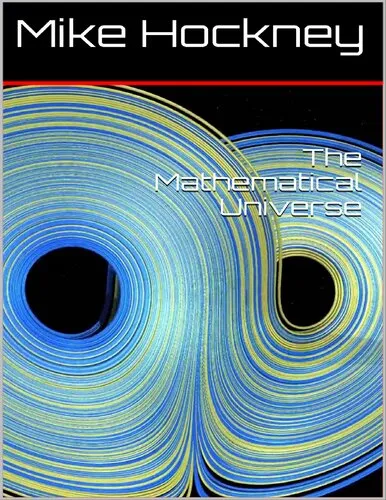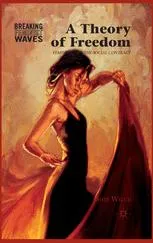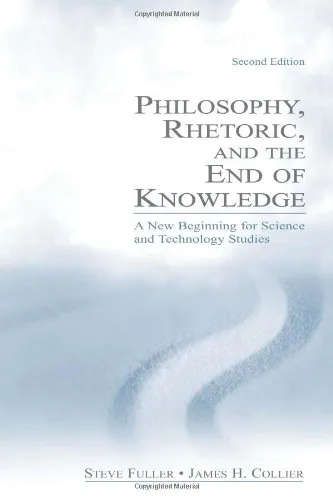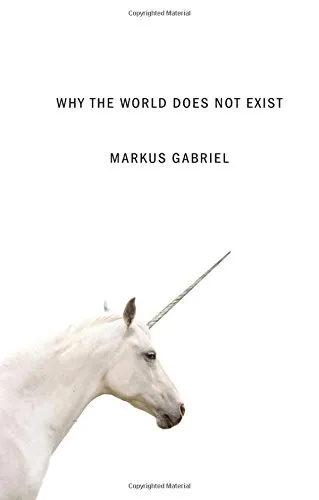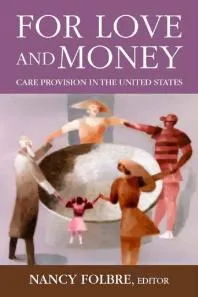Breaking Out Again: Feminist Ontology and Epistemology
4.5
Reviews from our users

You Can Ask your questions from this book's AI after Login
Each download or ask from book AI costs 2 points. To earn more free points, please visit the Points Guide Page and complete some valuable actions.Related Refrences:
Introduction
"Breaking Out Again: Feminist Ontology and Epistemology," written by Liz Stanley and Sue Wise, is a pivotal work that examines the intricate relationship between feminist theory, ontology, and epistemology. This book builds on the foundations laid in their earlier groundbreaking work, "Breaking Out," and ventures deeper into the philosophical and methodological underpinnings of feminist research. It tackles fundamental questions about the nature of knowledge, the construction of feminist identities, and the power dynamics embedded in knowledge production processes.
At its core, "Breaking Out Again" explores how feminist perspectives challenge and reshape traditional understandings of what it means to "know" and be a knower in a patriarchal context. The authors push readers to interrogate the dominant frameworks of knowledge that have historically excluded marginalized voices, particularly women’s lived realities. Stanley and Wise emphasize the importance of feminist methodologies that center personal experiences, reflexivity, and the political dimensions of research practices.
This introduction provides a detailed overview of the book, highlights its key takeaways, presents some famous quotes, and discusses why this work is a landmark contribution to feminist scholarship.
Detailed Summary of the Book
"Breaking Out Again" delves into the philosophical questions of feminist theory, particularly in relation to ontology (the study of being) and epistemology (the study of knowledge). The book critiques traditional, male-centered forms of knowing, exposing how deeply rooted patriarchal ideologies shape what is considered valid or legitimate knowledge.
The authors argue that traditional research methods are often exclusionary and fail to account for women’s experiences and perspectives. They advocate for the development of feminist approaches that prioritize subjectivity, reflexivity, and the acknowledgment of power dynamics within the research process. By addressing issues such as the construction of identities, the relational nature of knowledge, and the importance of personal narratives, they propose a profound epistemic shift toward inclusivity and equity.
The book further explores the political implications of knowledge production and examines how feminist researchers can engage in transformative work. In doing so, Stanley and Wise reveal the interconnectedness of feminism, politics, and epistemology. Their goal is not merely to critique existing systems but to offer new frameworks for understanding and interrogating the world through a feminist lens.
Key Takeaways
- Feminism challenges traditional epistemological frameworks and advocates for alternative ways of creating and validating knowledge.
- Women's experiences and narratives are essential sources of knowledge and must be placed at the center of feminist research and theory.
- Reflexivity in research is crucial, as it ensures that researchers remain critically aware of their positionality and the power relations inherent in knowledge production.
- Feminist ontology is relational, emphasizing interconnectedness and the importance of social and cultural contexts in shaping identities and experiences.
- The book bridges the gap between feminist theory and praxis, inspiring researchers and activists to question and transform oppressive power structures in their work and everyday lives.
Famous Quotes from the Book
"Feminist research must begin with the premise that knowledge is never neutral; it is always situated, contested, and political."
"To break out of patriarchal modes of thinking, feminists need to construct their own ontologies and epistemologies that reflect their lived realities and values."
"Personal experience is a source of knowledge, not a limitation of it."
Why This Book Matters
"Breaking Out Again: Feminist Ontology and Epistemology" is a landmark text in contemporary feminist scholarship. It challenges deeply ingrained patriarchal assumptions about knowledge and offers a bold vision of what feminist theory and research can achieve. Through its incisive critiques and innovative proposals, the book equips feminists—be they researchers, activists, or everyday practitioners—with the tools to rethink how they approach knowledge and engage with the world.
The book makes significant contributions by demonstrating the importance of feminist epistemologies and methodologies in destabilizing traditional power structures. It is particularly relevant in today’s world, where issues of equity, inclusion, and representation continue to dominate global discussions. Stanley and Wise’s insights remain a source of inspiration for feminist researchers and theorists seeking to do justice to women’s voices and experiences.
Ultimately, "Breaking Out Again" underscores the transformative power of feminist knowledge, urging readers to reflect on their own assumptions and engage in practices that challenge systems of domination. It is not only a text but a call to action for anyone committed to achieving a more equitable and inclusive world.
Free Direct Download
You Can Download this book after Login
Accessing books through legal platforms and public libraries not only supports the rights of authors and publishers but also contributes to the sustainability of reading culture. Before downloading, please take a moment to consider these options.
Find this book on other platforms:
WorldCat helps you find books in libraries worldwide.
See ratings, reviews, and discussions on Goodreads.
Find and buy rare or used books on AbeBooks.
